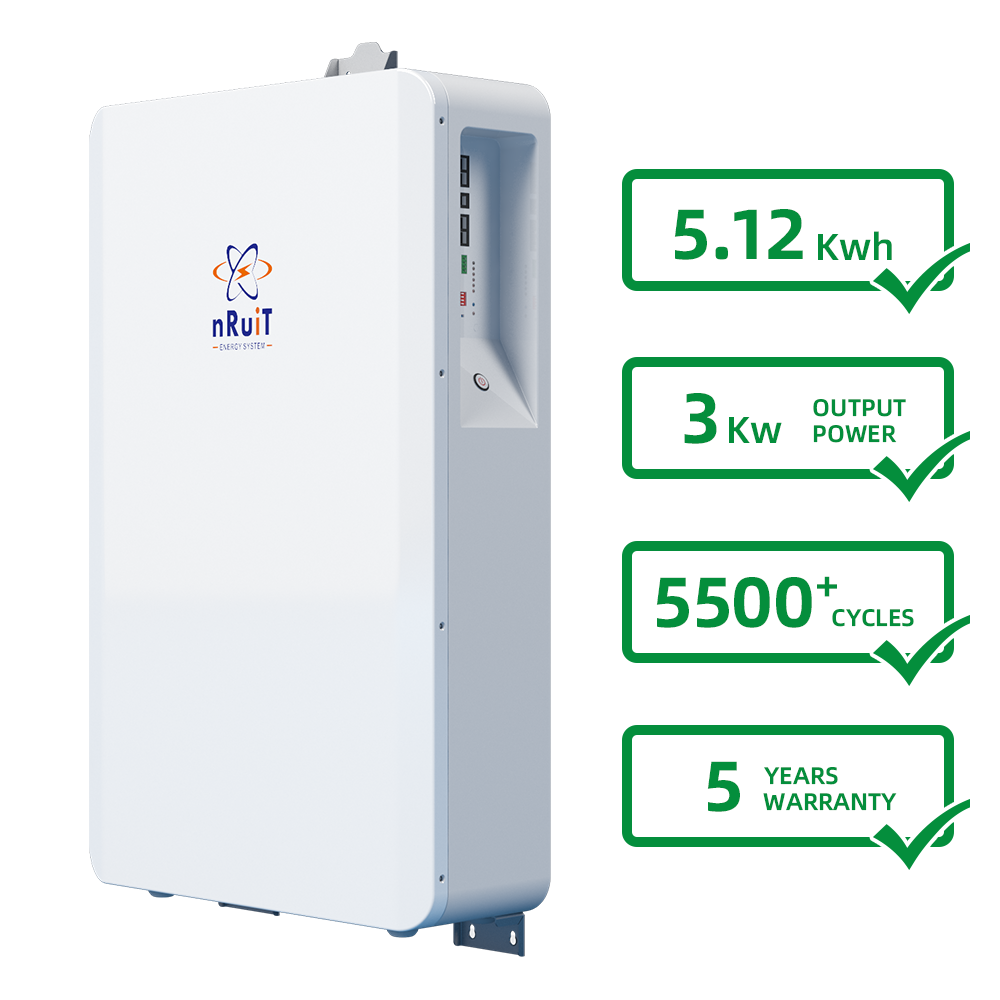Since Tesla has introduced Powerwall batteries in the market, many homeowners want to find out what that’s all about.
The battery storage system is widely used in energy storage systems such as water, wind, and solar power stations. Besides, the home battery storage market has undoubtedly a bright future with constant new developments.
What is a home battery storage system?
How do home battery storage systems work?
Are residential energy storage systems worth it?
Is the home energy storage right for me?
After reading this article, you will understand the answers to these questions and more. Without further ado, let’s begin!

What is a home battery storage system?
Home battery storage devices store electricity locally for later consumption. Home battery storage is an electrochemical energy storage product also called a “battery energy storage system” (BESS). Typically, the battery storage system is based on lithium iron phosphate or lead-acid controlled by computer software to handle charging or discharging cycles. In other words, a home battery system is a rechargeable battery but with a smaller flow for residential use.
How do home battery storage systems work?
l With increasing interest in energy storage technologies, people are more willing to know how energy storage systems work. The energy storage system consists of solar panels and home battery storage systems.
Summertime Operation
You will find your PV system fully charged by the middle of the day in summer. Any solar electricity will be exported from a solar PV system. In this case, you can never capture 100% of solar electricity. Only 70% of electricity can be captured. The battery will be fully charged in the evening and can support all peak usage at night. In summer, the electricity consumption from the grid could be almost zero.
Wintertime Operation
During winter we will have the opposite problem. The solar panel might only cover the house usage during the day, with low generation levels. As a result, there will be little excess of solar energy to fill the battery, which means you might use electricity from the grid instead of the battery during the nighttime.

Are residential energy storage systems worth it?
Generally speaking, home battery storage is worth the investment. Who wouldn’t want a cut to their electricity bills, right? The power can be stored and used later instead of going back to the grid.
Many innovative energy systems allow you to remotely control and monitor your household energy through a mobile app. The system will charge the batteries during off-peak periods or with excess solar energy. Following the batteries are discharged to the load at peak hours to reduce electricity consumption. The stored electricity can be used for charging electric cars or keep running home appliances.
Ultimately, your property can exponentially grow in value. Your investment will return within few years from the installation. Your electric bills will be cut, making both you and the planet happier.
Is the home energy storage right for me?
The answer to these questions depends on your plan. What do you want to use the home battery storage system for? Let’s see some of the possibilities:
- For emergency backup power
While the electricity grid is easy to keep under check, some countries have frequent power outages. If you are experiencing this situation, pairing a home battery storage system is ideal for ensuring that you will have all the backup power you may need.
- No one-to-one net metering areas
A home battery storage system can help you maximize solar installation’s benefit in the none one-to-one net metering area. Net metering allows you to send back the excess power to the grid in exchange for the credits to be used later. However, utilities offer only partial credit for every unit of power you send back to the grid. In other words, you receive fewer credits for the same power comparing to the one-to-one metering area. As a result, to completely cover your bill, you’d have to export twice as much solar as you pull from the grid.
Under this case, adding home battery storage can ensure you are using as much of your solar production on sites.
- For areas having a complex utility rate (time-of-use or demand charge rate)
Time-of-use (TOU) rates are a type of time-varying rate, where the price you pay for electricity changes by season, month, day of the week. At this rate, the price of electricity will rise during the early evening. Therefore, you will have high electricity bills after installing the solar system, even if you’re offsetting more electricity than you use with solar.
A home battery storage system can help to improve the economics of your solar power system by charging the battery during the lower price period and discharging during the high-peak period to avoid the high electricity rate.

Conclusion
With nRuiT, you can store the energy of 6-36kWh during the day and use our Power Porter at night to provide continuous and stable power for your home. Moreover, Power Porter is compact in structure, safe, and easy to install. Thus, it can provide an independent electrical home system to the users and reduce electricity costs at the same time.
To know more about nRuiT Residential Energy Storage Systems or cooperation opportunities. Please contact us!

